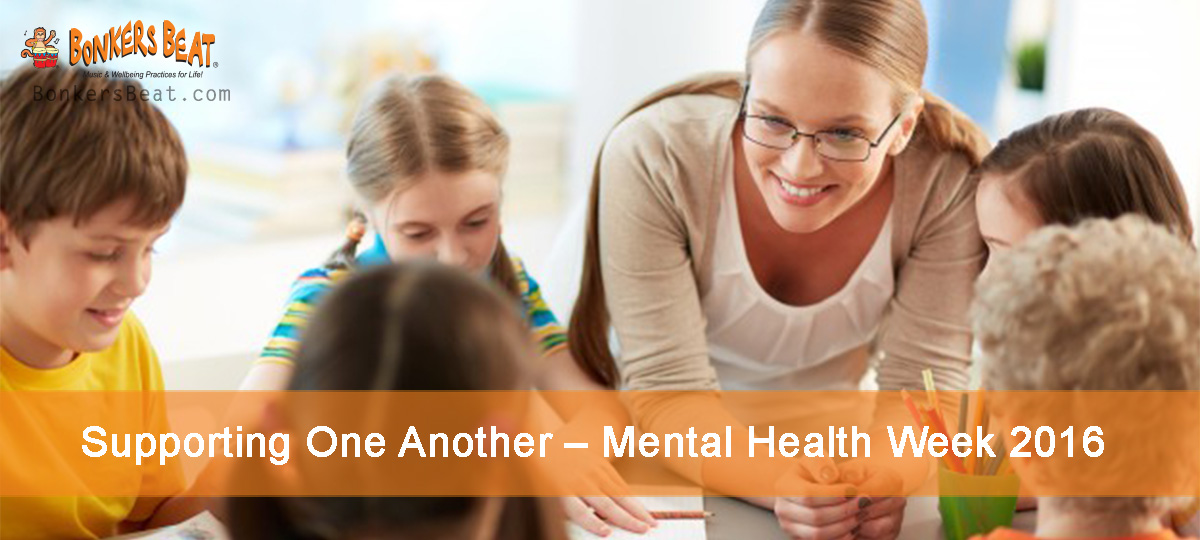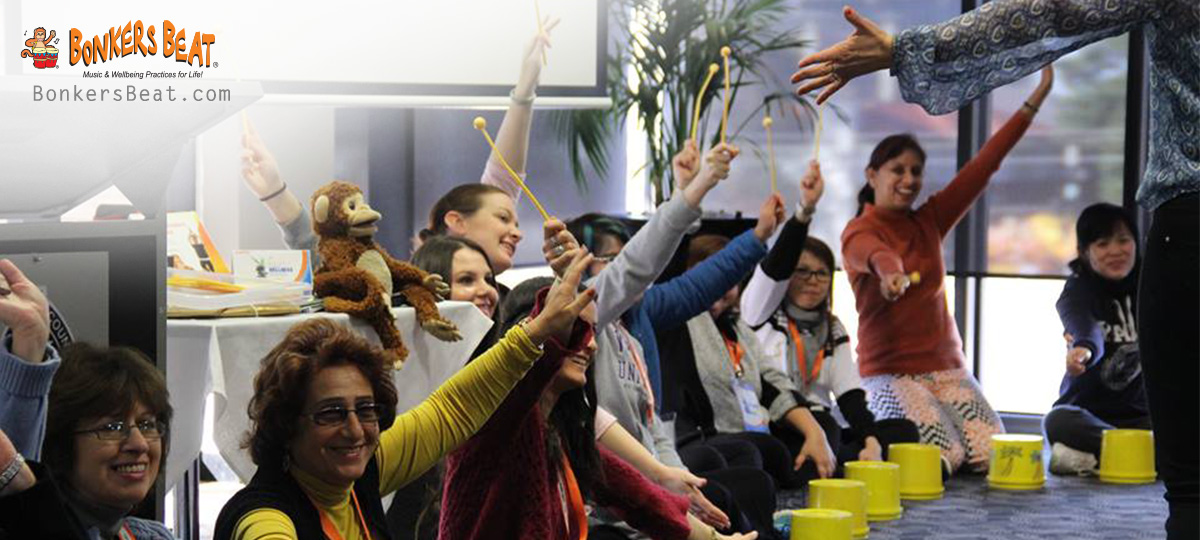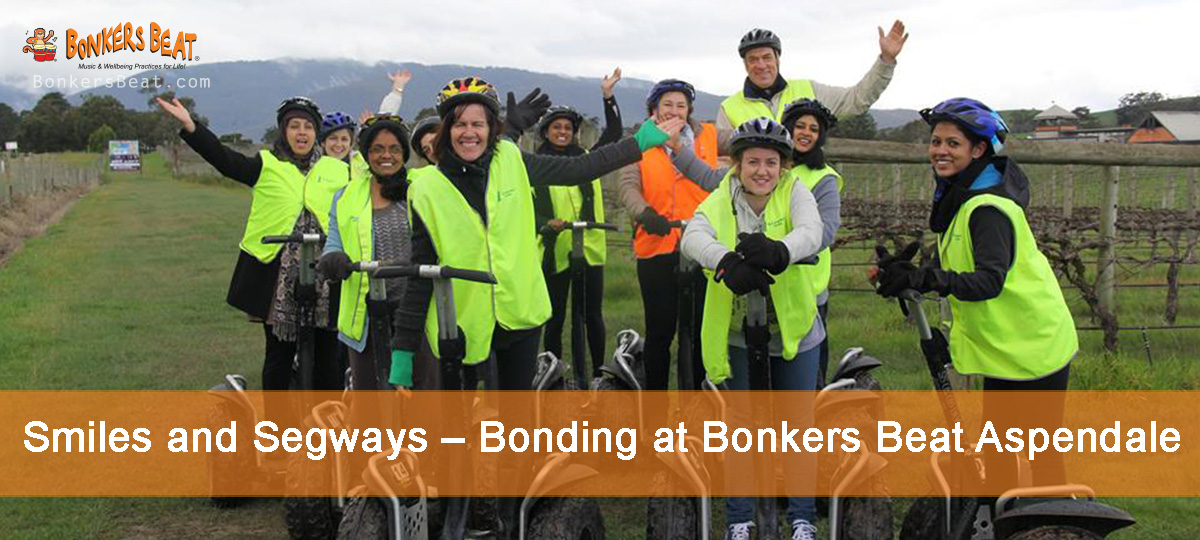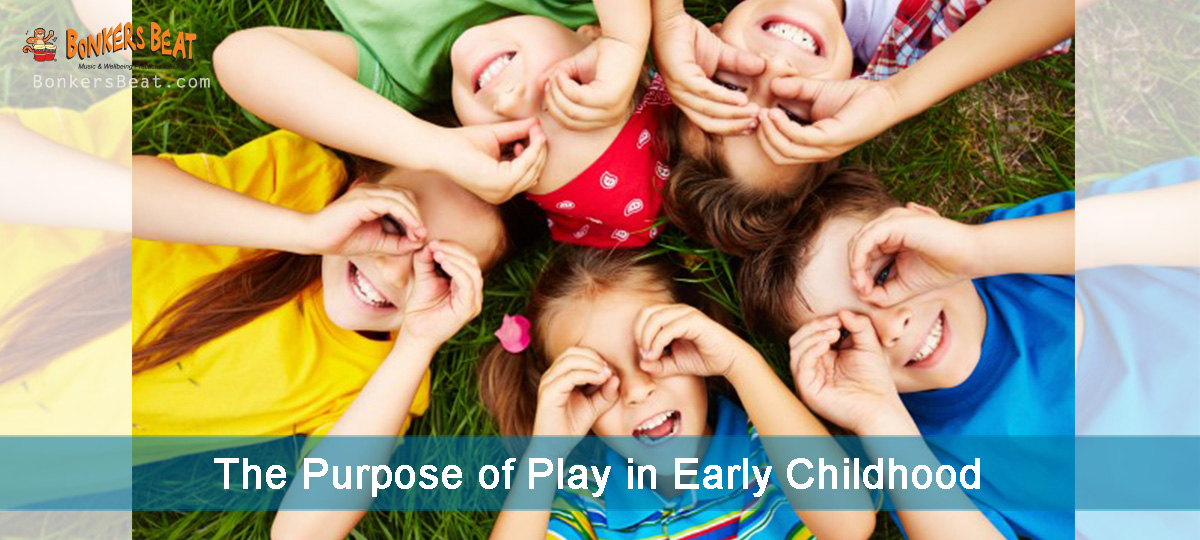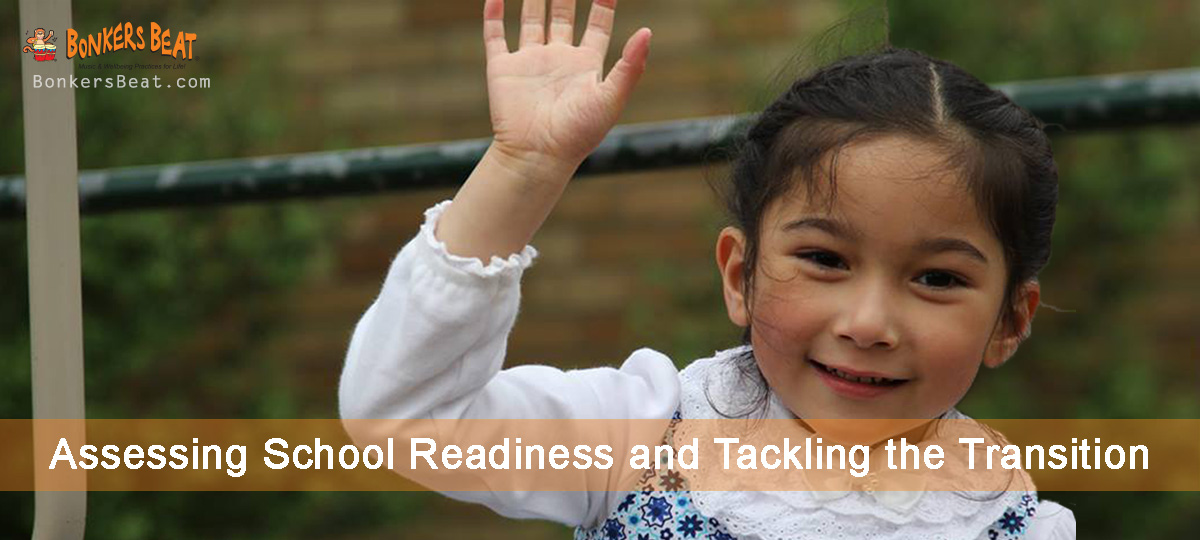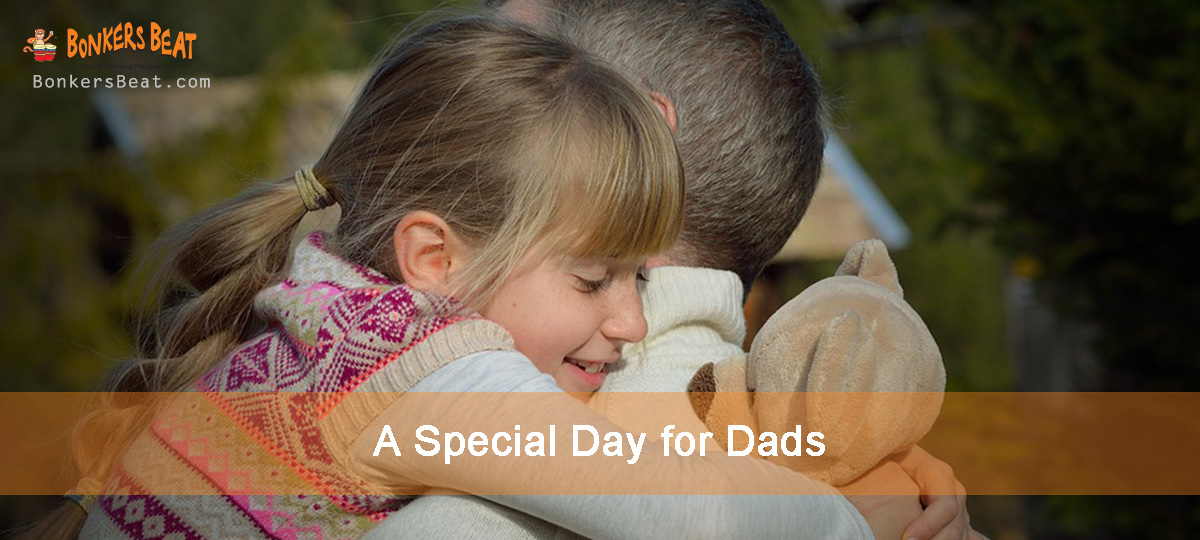When it comes to professional development, we are huge advocates of ongoing professional development training that involves the whole team.
Of course, it’s not always possible to send the whole team along to conferences. However, we still believe that by sending along one or a couple of members of your staff you can reap the benefits and continue the professional development for educators and your centre.
So why do we think professional development conferences are so valuable? Here’s just four of the many reasons why it just might be worthwhile sending some members of your staff along to an upcoming Educational Leaders and Early Childhood Managers conference:
LEARN
It’s an obvious one, but there is absolutely no doubt that any member of your team who attends a conference is going to learn something. And what they learn will only be maximised by making sure you offer the right conference opportunities to the right people. There has to be a willingness to learn, and as we discuss later, the ability to share what you learn.
NETWORK
Who knows when a fantastic opportunity will pop up? What we can say with a degree of confidence is that fantastic opportunities are likely to pop up at places like conferences – large gatherings of like-minded professionals coming together to learn and share. What better place for your team to network and find new opportunities for your centre to explore.
GET INSPIRED
No matter how much anyone loves his or her job, there are times when we all need a boost to motivate us. Conferences can offer a huge amount of inspiration, especially if the right people attend the right conference at the right time. Empowering the leaders in your centre by sending them along is a really effective approach. Speakers often come from all corners of the globe with insights to share about approaches to early childhood education.
SHARE AND MOTIVATE
We’ve mentioned it a couple of times already – send the right people who are willing to learn and willing to share. This is crucial to maximise the return on investment. Through effective note-taking and resource gathering, hopefully, the team member/s who do attend will be able to convey what they learn to your team, making it all the more worthwhile.
So there you have it. Four reasons why you should consider professional development for your team, even if you don’t send the entire team along every time.
The results speak for themselves:
“It was fantastic & a pleasure to have attended! Thank you, Galina & also Alina for sharing your
knowledge & passion. You are both extremely inspirational people.” – Victoria Petka
“What an informative conference. Certainly, each single attendee walked out with many strategies to improve not only children’s wellness but also their own. Looking forward to more and more of these conferences by the Duolinas. “ – Bama Ganesan
“Thank you to Galina and Alina, your names together are a mouthful but you are
an inspiration team to listen too.” – Georgie Kincaid
“Wonderful day Alina Dan and Galina thank you! Plenty of
energy in the room from fellow leaders!” – Tracey Yeomans
If you’re in the vicinity of Newcastle, you’re in luck. Internationally renowned early childhood presenter and business developer Alina Dan has teamed up with multi-award winning educator Galina Zenin again for Wellness Works! The Complete Early Childhood Leaders Conference.
Because we know it’s a big commitment to send a whole team to a conference, this event is specifically designed for leaders and managers from centres to attend. Wellness Works is a professional development opportunity that has delivered real results for educators, children and for centres.
Details:
Date: Monday 14 November, 2016
Time: 9.30am – 3.30pm
Price: From $167.45
Tickets: Wellness-Works-Newcastle-Tickets
Hopefully we will see your leaders and managers at this upcoming event and you too can enjoy the excellent outcomes delivered by Wellness Works.




